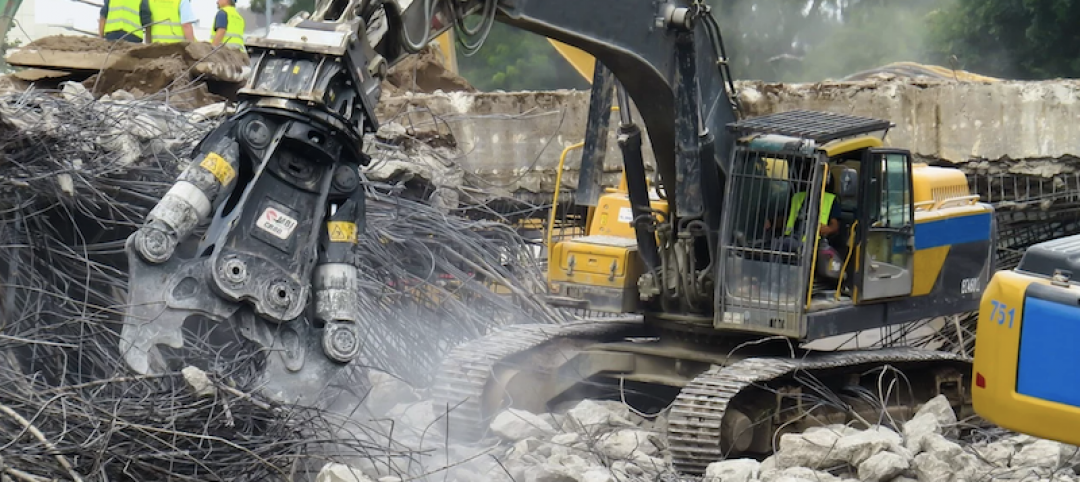The American Institute of Architects (AIA) released a significantly enhanced version of its Disaster Assistance Handbook for architects, built environment professionals, municipal government officials, and emergency managers involved in disaster mitigation, preparation, response, and recovery.
The revised document provides a step-by-step guide for maximizing architects’ unique skills in addressing each phase of the disaster cycle. The Handbook was developed by a team of AIA members and staff experienced in disaster response and preparedness, with contributions and review from industry experts and government officials.
Key features of the Third Edition of the Handbook include:
- A new chapter on hazard mitigation and risk reduction
- Detailed explanations of recent changes and advances in emergency management protocols
- Case studies, best practices, and replicable projects from AIA chapters and members
“The new Handbook shows architects how they can work with local governments to prepare for and respond to disasters, and how they can help enhance community resilience through individual client projects and participation in broader planning efforts,” said AIA Chief Executive Officer Robert Ivy, FAIA.
Learn more about the AIA Disaster Assistance Handbook and programs here.
Related Stories
Codes and Standards | Dec 12, 2019
Coalition calls for consistent building data disclosure regulations in Canada
Major real estate firms are driving the effort.
Codes and Standards | Dec 10, 2019
Utilities rolling out more grid-interactive efficient building programs
Focus is on energy savings and demand flexibility.
Codes and Standards | Dec 9, 2019
Canada’s Zero Carbon Building Standard reports first 10 certifications
Projects include new and existing offices, schools, and warehouses.
Codes and Standards | Dec 6, 2019
New research examines flood mitigation policies in the U.S.
Thirteen states or cities have adopted effective measures; some restricting development in vulnerable areas.
Codes and Standards | Dec 5, 2019
USGBC unveils vision for LEED Positive
Roadmap will lay foundation for a future LEED that is regenerative.
Codes and Standards | Dec 5, 2019
Report shows reducing embodied carbon can save money and help mitigate climate change
Embodied carbon now accounts for 11% of global greenhouse gas emissions.
Codes and Standards | Dec 5, 2019
Dubai, London and New York are 2019’s ‘Construction Mega Cities’
From 2007 to 2025, GlobalData expects the cities’ combined gross domestic product (GDP) to increase by more than US$8 trillion to US$20.4 trillion.
Codes and Standards | Dec 2, 2019
New GBCI certification recognizes expertise in sustainability
Provides third-party verification of competency to ‘making the world more economically, socially, and environmentally sustainable.’
Codes and Standards | Dec 2, 2019
New tool allows users to learn how to reduce embodied carbon
Calculator delivers first digitized EPDs.
Codes and Standards | Dec 2, 2019
Trade group challenges St. Petersburg, Fla., ordinance on construction contract mandates
Legality of requirement to hire apprentices, disadvantaged workers at issue.

















